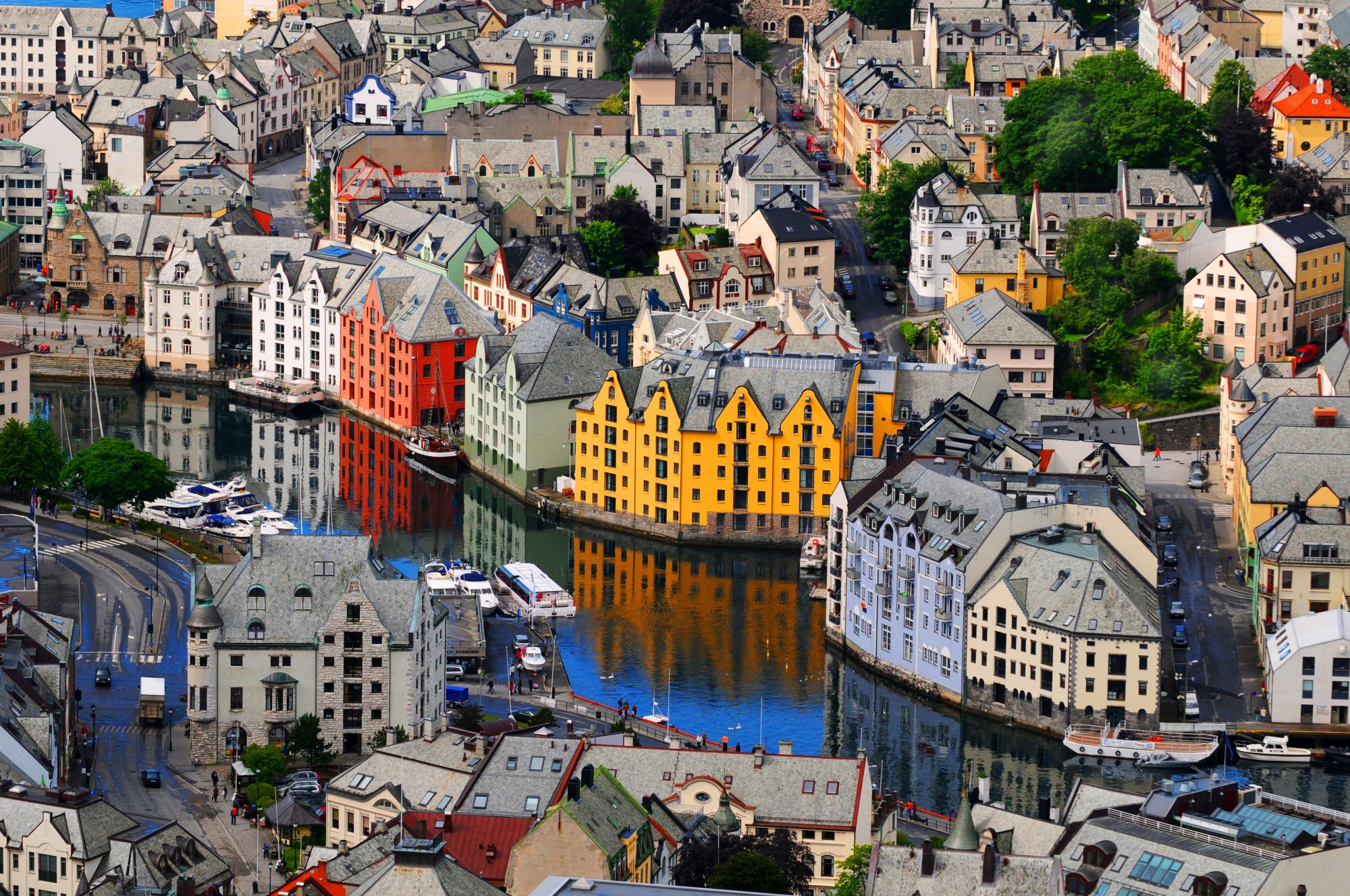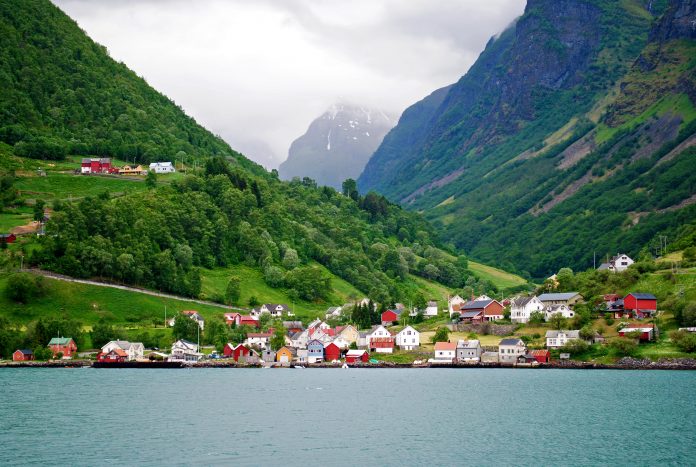Research, knowledge & education in Norway are placed into the spotlight by Open Access Government, areas that are led politically by Ola Borten Moe, Minister of Research and Higher Education
The Government of Norway believes that research and knowledge are hugely important in terms of being political objectives in their own right, but also as a basis for policy in other areas. The Government’s long-term plan for research and higher education in Norway, which runs from 2015 to 2024, seeks to develop more world-class research groups. (1) Nobody should be left out from taking part in and benefitting from, the knowledge society, at any time according to the Ministry of Education and Research in Norway. (9)
Ola Borten Moe (Centre Party) is the current Minister of Research and Higher Education in Norway, born in 1976, and appointed to his current position on 14th October 2021. Minister Borten Moe is responsible for research policy, higher education, tertiary vocational education, educational loans and grants plus adult education and skills. (2)
International cooperation
International cooperation is a means for the Ministry of Education and Research to contribute towards increased quality, relevance and renewal in the areas of education and research, as well as kindergarten. (3) International investment is a way to work towards joint solutions that involve those in other countries, while also strengthening Norway’s skills and knowledge development base.
Making Norway an attractive partner to work with is underlined by the Ministry of Education and Research: “The Ministry of Education and Research is working in a targeted manner to raise awareness of Norway as a knowledge country and an attractive partner. Norway cooperates on education research within the EU/EEA, the Council of Europe, the Nordic Council of Ministers, the OECD, and UNESCO – as well as with individual countries.” (4)
Working with the EU
When it comes to working in the EU/EEA area, Norway fully takes part in the EU’s framework programme for research and innovation Horizon Europe (2021-2027) and the European programme for education, youth and sport (Erasmus+). This type of work assists in providing vital expertise in Norwegian working life and increased international mobility, as well as upping the quality of Norwegian education and research.
In a nutshell, The Ministry of Education and Research’s mission is “to formulate future-oriented and coordinated policies for the education sector” and “ensure that Norway has a good, efficient education system, as well as productive and creative research communities”.
The Government of Norway endeavours to develop a wider range of internationally leading research groups and enhance the internationalisation of Norwegian research and higher education. “Europe is a vital area of cooperation for Norwegian researchers, and participation in the EU Framework Programme for Research and Innovation is one of the most important means of internationalising Norwegian research,” they go on to say. (4,5,6)

Helping Ukrainian, Russian & Belarusian students in Norway
Earlier this year, The Norwegian Government stated their intention to assist Ukrainian, Belarusian and Russian students in a difficult circumstance. Students who are struggling financially due to the war will get funding to cover their subsistence expenses.
“Many Ukrainian students in Norway are going through a very difficult time, both mentally and financially. It is important to us to include Russian and Belarusian students in this scheme, too. These students share as little responsibility for the war as you or me,” Minister of Research and Higher Education Ola Borten Moe explains.
A grant scheme for the spring semester of 2022 means that all students who qualify for the grant received up to NOK 11,500 every month between March and August. PhD students get up to NOK 21,000. “I am very pleased that we have managed to organise this. It would be unfortunate and unfair if these students had to end their studies in Norway because they cannot afford to continue,’ Mr Moe adds. (7)
Then in July, the Government announced they will make it easier for refugees to be admitted to higher education in Norway. This means that displaced people without a Higher Education Entrance Qualification may apply for a place at a higher education institution, but this is only a temporary arrangement. (8)
Nordic cooperation
In terms of Nordic cooperation, we know that the countries in this part of the world are close to each other geographically, as well as politically and culturally. The official liaison body of the Nordic governments is the Nordic Council of Ministers. Did you know that Norway, Denmark, Finland, Iceland, Sweden plus the self-governing areas of Greenland, Åland and the Faroe Islands all cooperate via this forum?
Nordic cooperation in research and education should, for example, ease the opportunity to study and research in neighbouring Nordic countries. It should not only develop and create a Nordic community in the education and research sector, but also make the Nordic region stronger around knowledge and innovation. Promoting Nordic values and increasing the number of Nordic citizens who understand Scandinavian languages is also very important in this vein. (4)
Education and research for all
In a nutshell, The Ministry of Education and Research’s mission is “to formulate future-oriented and coordinated policies for the education sector” and “ensure that Norway has a good, efficient education system, as well as productive and creative research communities”.
The Ministry’s social purpose and mandate are summarised by three strategic goals for the education sector. One is that education and training should allow active citizenship and personal development. Another is that skills are needed today and in the years ahead. Finally, research is needed to achieve scientific progress, greater competitiveness and development.
These aims and indeed everything discussed in this article around research, knowledge and education in Norway can be summed up as follows and fit in perfectly with the remit of Mr Moe. “Everyone should be able to take part in, and benefit from, the knowledge society, both now and in the future.” (9)
References
- https://www.regjeringen.no/en/topics/research/id1427/
- https://www.regjeringen.no/en/dep/kd/organisation/minister-of-research-and-higher-education-ola-borten-moe/id2877321/
- https://www.regjeringen.no/en/topics/education/innsikt/internasjonalt-kunnskapssamarbeid/id2349247/
- https://www.regjeringen.no/en/topics/education/innsikt/internasjonalt-kunnskapssamarbeid/internasjonalt-kunnskapssamarbeid/id2356816/
- https://www.regjeringen.no/en/topics/education/innsikt/internasjonalt-kunnskapssamarbeid/forskningssamarbeid/id2353797/
- https://research-and-innovation.ec.europa.eu/funding/funding-opportunities/funding-programmes-and-open-calls/horizon-europe_en
- https://www.regjeringen.no/en/aktuelt/regjeringen-gir-okonomisk-trygghet-til-ukrainske-russiske-og-hviterussiske-studenter-i-norge/id2904949/
- https://www.regjeringen.no/en/aktuelt/government-changes-admission- rules-for-refugees-who-want-to-study/id2921641/
- https://www.regjeringen.no/en/dep/kd/areas-of-responsibilities/ id611/











